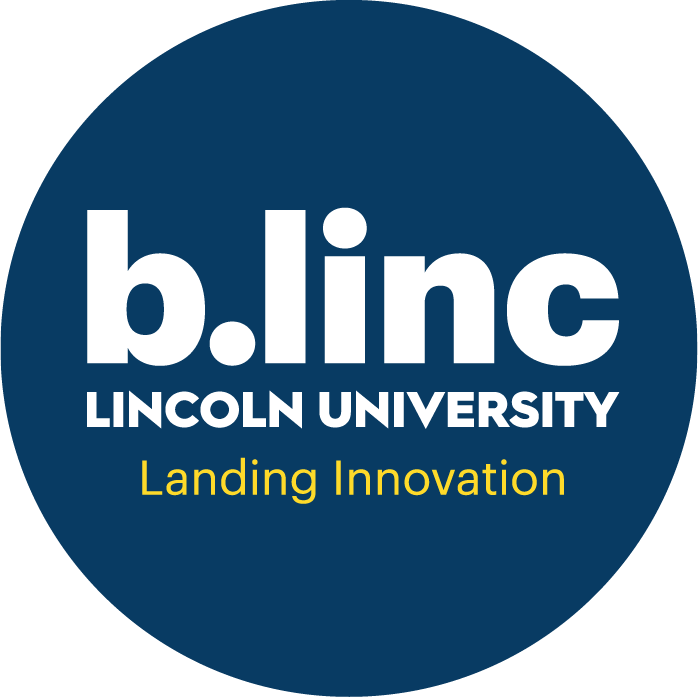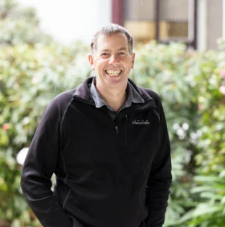Global consumers are increasingly embracing alternative proteins, and market projections indicate that these alternatives could constitute 11% of total protein consumption by 2035, potentially reaching 22% with support from technology, investors, and regulators.
This trend is a positive development for combatting climate change, as the food system currently contributes to 26% of global greenhouse gas emissions, with animal agriculture accounting for 15%. The shift to alternative proteins could reduce 0.85 gigatons of CO2 equivalent worldwide by 2030, equivalent to decarbonising 95% of the aviation industry.
While consumer preferences for healthier diets and improved taste drive the adoption of alternative proteins, price-related challenges persist. However, over 30% of consumers view the positive impact on climate as a primary reason to switch to alternative proteins. The alternative protein sector offers significant carbon savings per dollar of invested capital, making it a high-impact solution to the global climate crisis.
Increased venture capital investment, technological advancements, and regulatory support globally support the progress in alternative proteins. As the protein transformation accelerates, various stakeholders in the food industry must navigate changes and capitalise on opportunities for a sustainable and transformed food system.
Join us for the last Innovation Series event this year where we are exploring the global megatrends set to hit New Zealand in 2024. The rise of bioengineering is a topical conversation as so many players are entering this space – what will the future look like moving forward? Be a part of the conversation and input to sculpt the way forward.
Timings:
9.00am : Welcome & introduction from B.linc
9.10am : Keynote address 1 - Emily Parker, VUW
9.30am : Keynote address 2 - Zahra Champion, Biotech NZ
9.50am : Keynote address 3
10.10am : Panel discussion/Interactive Q&A session with audience
10.30am : Event finishes
Our Speakers
Professor Emily Parker, VUW
Professor Emily Parker received her PhD in Biological Chemistry at University of Cambridge in 1996, and joined the Ferrier Research Institute in June 2017 to lead the Chemical Biology Research Group. Emily is a Principal Investigator and on the management committee of the Maurice Wilkins Centre for Molecular Biodiscovery which harnesses and links New Zealand’s outstanding expertise in biomedical research to develop cutting-edge drugs and vaccines, tools for early diagnosis and prevention, and new models of disease.
The research group focuses on the chemistry and biochemistry of enzyme-catalysed reactions, with the broad aim of aiding the development of new treatments for diseases and using the natural biosynthetic machinery for the efficient generation of valuable products. Using a variety of computational and experimental approaches her team has also studied the molecular details of communication networks in proteins.
Her current projects include developing new, more potent inhibitors that have potential as anti-tuberculosis drug, and new treatments for meningitis.
Emily also teaches at a number of undergraduate courses within Victoria’s School of Chemical and Physical Sciences. In 2010 she won an Ako Aotearoa teaching award for ‘Sustained Excellence’.
Zahra Champion, BioTech NZ
Zahra Champion is an innovative, commercially astute, and highly experienced senior leader, with an impressive career overseeing multimillion-dollar projects and initiatives across the biotech, agritech, health, and local government sectors. With over 20 years of experience in commercial and senior roles, she has provided strategic advice and led projects encompassing strategic development within Auckland, research in biotechnology and health, business promotion in the food and beverage sectors, and the creation of new tertiary education programs. Her broad capabilities include strategic planning, financial management, business development, and sales and marketing.
With a unique skill set, Zahra brings specialist knowledge of the food, biotech, and agritech sectors, alongside a background in marketing and business development. She possesses in-depth expertise in creating business plans, proposals, and funding grants. Zahra has a proven track record in developing robust governance frameworks for establishing advisory boards, research institutes, and committees, including setting up constitutions, recruiting board members, and forming advisory groups. Her additional governance experience includes serving on boards, groups, and committees with a focus on research, ethics, leadership, and innovation.
Richard Scott, AgResearch
I have a PhD in plant biotechnology and lead the Climate Change and Forage Innovations Team. I have worked on the HME Ryegrass project for close to 20 years, and been part of the many discoveries and development of different pathways, while remaining fixed on delivering to the idea. I also lead the Climate Change and Forage Innovations Team, a mix of climate change and plant biotechnology research projects including: studying forage adaptation to climate change; reducing greenhouse gas production; genetic editing of plants; and continuing the development of HME Ryegrass. I also lead the Genetic Technologies Enabling Platform, established to build a strategy around the application of gene technologies, including leading associated industrial, regulatory, and societal interactions.
Click here to see more events



